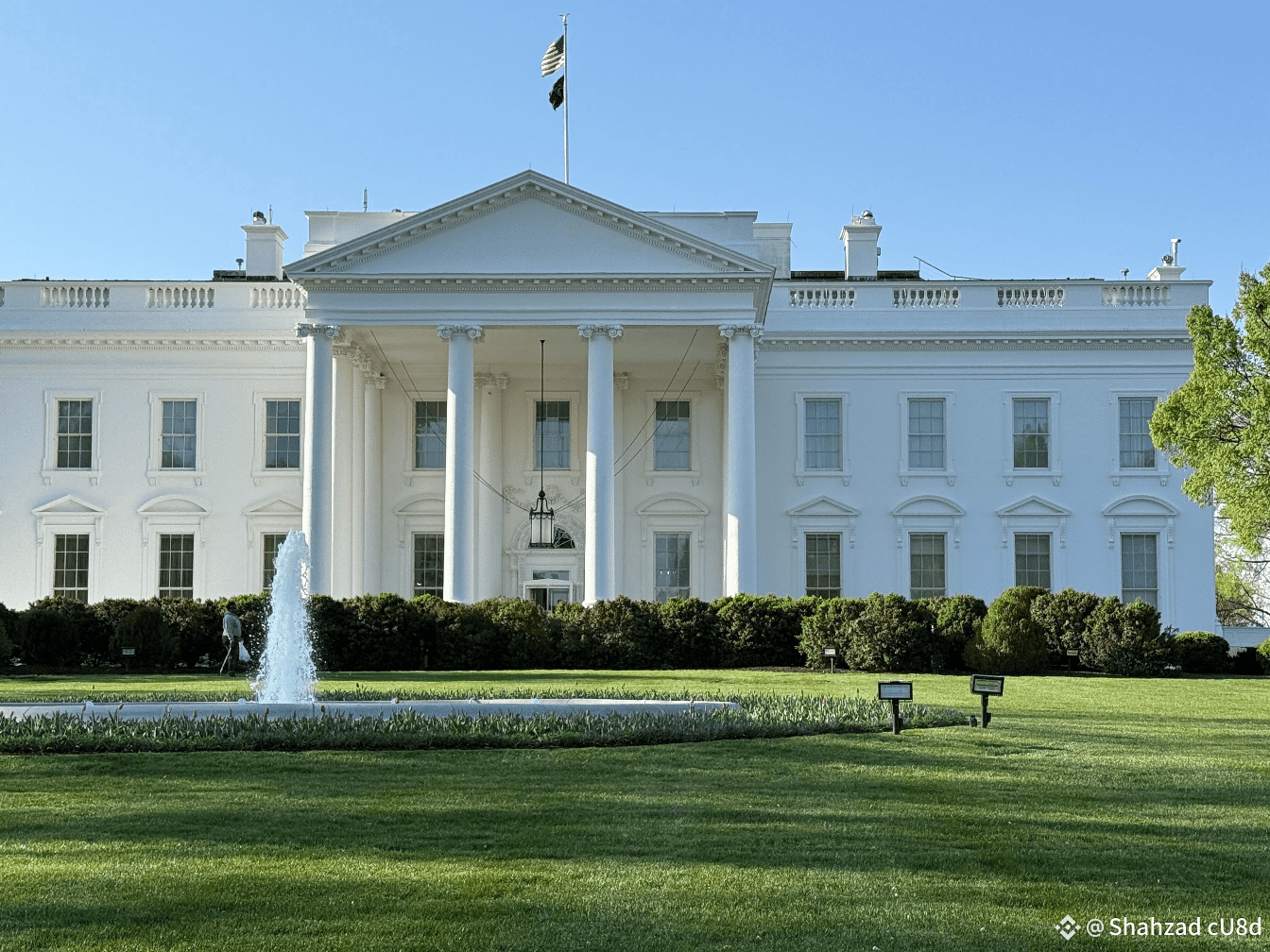You’re referring to Bo Hines’s resignation as the Executive Director of the White House Crypto Council—President Trump’s key digital-asset advisory body. His exit indeed marks a meaningful turning point in U.S. crypto policy.
Here’s a clearer picture of what happened and why it matters:
Bo Hines steps down: The basics
On August 9, 2025, Bo Hines announced his resignation from leading the Council of Advisers on Digital Assets, opting to return to the private sector, while remaining involved part-time as a special advisor for AI and crypto alongside David Sacks.
A pivotal era of crypto policy
During his approximately eight-month tenure, Hines played a central role in advancing transformative crypto initiatives:
He spearheaded the passage of the GENIUS Act, which created a federal framework for regulating stablecoins.
Under his leadership, the White House released a sweeping crypto policy report—offering comprehensive guidelines on digital asset regulation across federal agencies.
Hines also drove efforts to establish a strategic Bitcoin reserve, setting the stage for a novel government-held crypto stockpile.
What’s next for U.S. crypto policy?
Patrick Witt, the Deputy Executive Director, is expected to succeed Hines—likely ensuring continuity in this pro-innovation direction.
Hines's departure signals a transition, not a derailment, of the policy agenda. The foundation he helped build—GENIUS Act, crypto report, Bitcoin reserve—is ready to be carried forward.
Why it matters
This leadership change represents a milestone moment:
The Trump administration has made U.S. crypto policy one of its signature achievements, positioning the country as a “crypto capital.” Hines’s departure signals the end of the first phase of that journey.
The stability and enforcement of policies he championed—especially around stablecoins and national reserves—will depend on how his successor and the administration build upon this groundwork.
#whitehouse #WhiteHouseDigital2025
